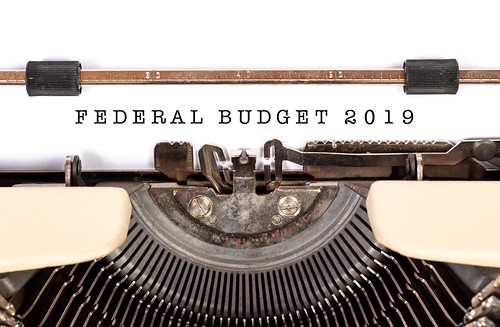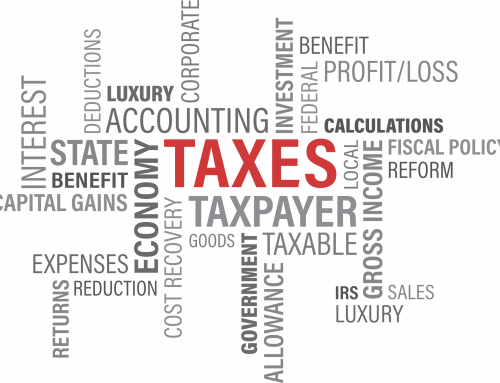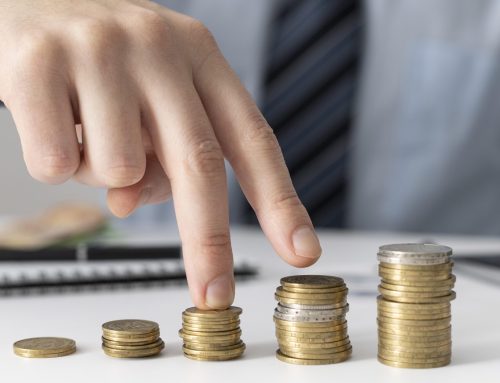As expected, Treasurer Josh Frydenberg signalled sweeping tax cuts and major infrastructure spending if the Coalition wins the upcoming federal election, widely expected to be held in May. This largesse is made possible as the Budget heads towards surplus for the first time in 12 years.
The following is a summary of the major measures announced on Tuesday:
The Big Picture
The Government expects a small underlying Budget deficit of $4.2 billion this financial year, before moving to a $7.1 billion surplus in 2019-20. The Budget’s big spending promises come despite a worsening economic outlook over the past six months. The Treasurer forecasts growth of 2.25 per cent this year, rising to 2.75 per cent in 2019-20 and 2020-21. The Government predicts current net debt of $370 billion will fall to 18 per cent of GDP in 2019-20 and be wiped out in 10 years.
Bigger Tax Cuts
Low and middle-income workers will receive income tax relief from 2018-19 of up to $1,080 for single income families and up to $2,160 for dual income families. By 2024-25, 94 per cent of taxpayers on incomes below $200,000 will pay no more than 30c tax in the dollar. Incomes above $200,000 will pay 45c in the dollar.
The Low and Middle Income Tax Offset will almost double from $530 to a maximum of $1,080 a year for people earning between $48,000 and $90,000. People on income below $37,000 will receive an offset of up to $255.
The instant asset write-off for small business has been increased from $25,000 to $30,000 a year, extended to businesses with turnover up to $50 million (previously $10 million) as of 2 April 2019.
Major Infrastructure Spending
The Government announced a $100 billion boost to infrastructure spending over the next decade, an increase of about one third on last year’s Budget, including:
- $2 billion for a fast rail link from Melbourne to Geelong
- Co-funded cases with state governments for fast rail, including Brisbane to the Gold Coast
- $3 billion increase (to $4 billion) in the Urban Congestion Fund, including $500 million for a commuter carpark fund
- $1 billion to improve the Princes Highway in NSW, Victoria and South Australia
- Additional funding for road and rail projects in all states and territories
Beefed up Regulation and Compliance
In the wake of the Banking Royal Commission:
- ASIC and APRA will be given a boost of more than $550 million to clamp down on misconduct
- The ATO will be given extra funds to crack down on welfare cheats and tax dodging
Healthcare and Welfare
With respect to health and welfare, the Government has announced:
- $461.1 million will go to mental health and youth suicide prevention and treatment programs
- The creation of a new $337.2 million drug strategy to increase capacity of drug and alcohol services in remote and regional areas
- The cashless welfare card will be extended in Queensland, at a cost of $129 million.
- Aged care services will receive a further boost of $282.4 million to fund 10,000 new home care packages and an increase in home care supplements
Superannuation Sweetener
The Government intends allowing 65 and 66-year-olds to make voluntary contributions to their super from 2020-21 without meeting the work test. The same group will also be allowed to make three years’ voluntary non-concessional (after tax) contributions, currently capped at $100,000 a year, in one year.
Education
On education, the Government has announced:
- $453 million to go towards extended pre-school education in the year before school
- $525.3 million on a new skills package to provide vocational education and training to fund 80,000 new apprenticeships and double incentives to employers to $8,000 per placement.
Environment and Energy
The Government hopes to shore up its credentials, with:
- $3.5 billion new Climate Solutions Package, including $2 billion for the Climate Solutions Fund
- $1.4 billion for Snowy Hydro 2.0
- $56 million Battery of the Nation in Tasmania
- $6.3 billion in drought support
- $3.3 billion in flood support
- $3.9 billion Emergency Response Fund set up to help with future natural disaster efforts
Pensioners, carers and veterans will receive a one-off cash payment to help with energy bills. The Energy Assistance Payment is worth $75 for singles and $125 for couples.
National Security
There will be a continued focus on national security, with:
- $512.8 million for the Australian Federal Police
- $58.6 million to the Australian Security Intelligence Organisation
- $34.8 million over four years to counter foreign interference
Looking ahead
The biggest risk to the Budget forecasts for growth is the falling property market and concerns that it could flow through to the broader economy. For its part, the Government’s proposed tax cuts and other stimulus measures could provide the kick the economy needs to get people spending, companies hiring and flat wages rising.
Photo by trendingtopics 



